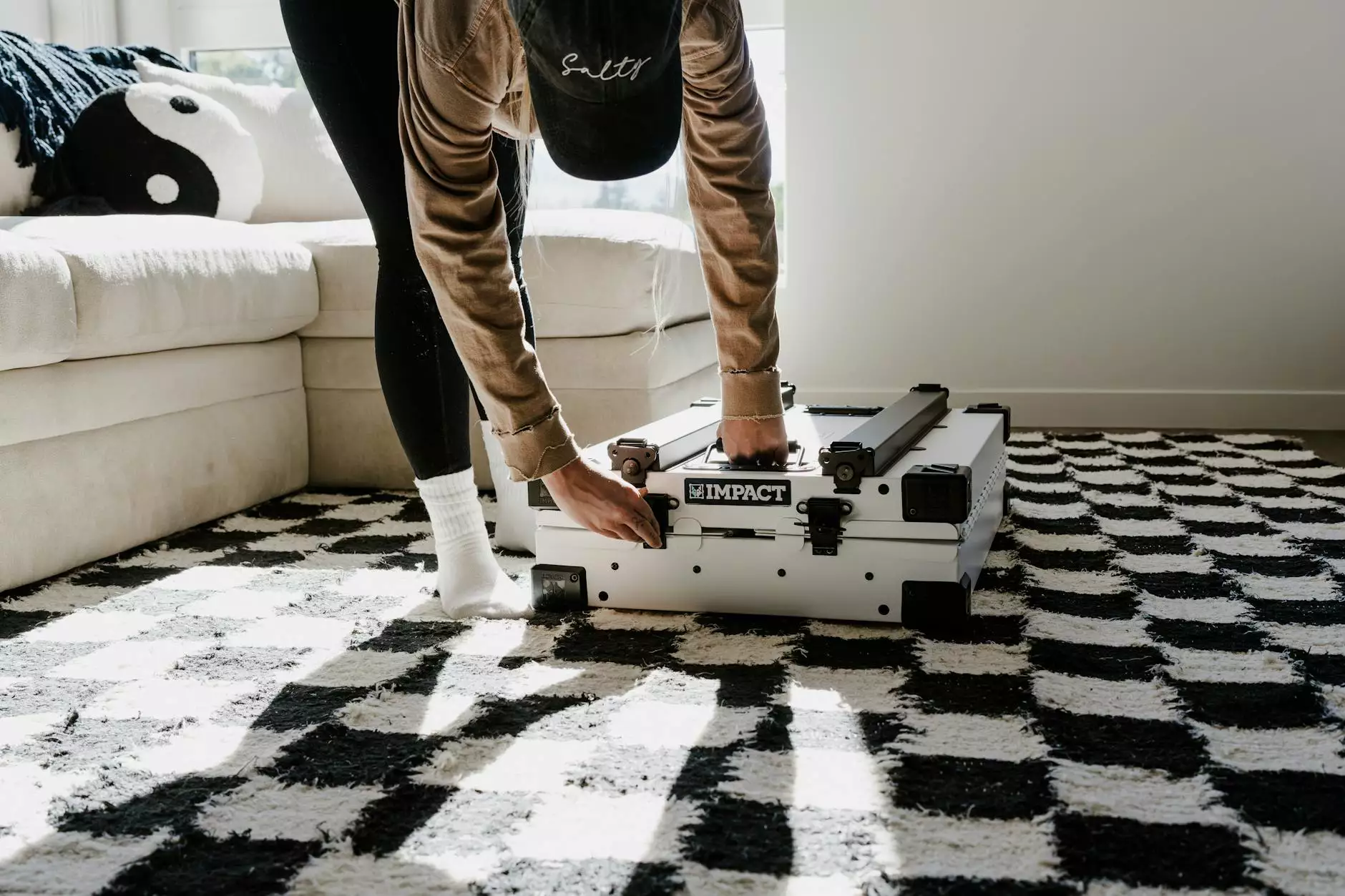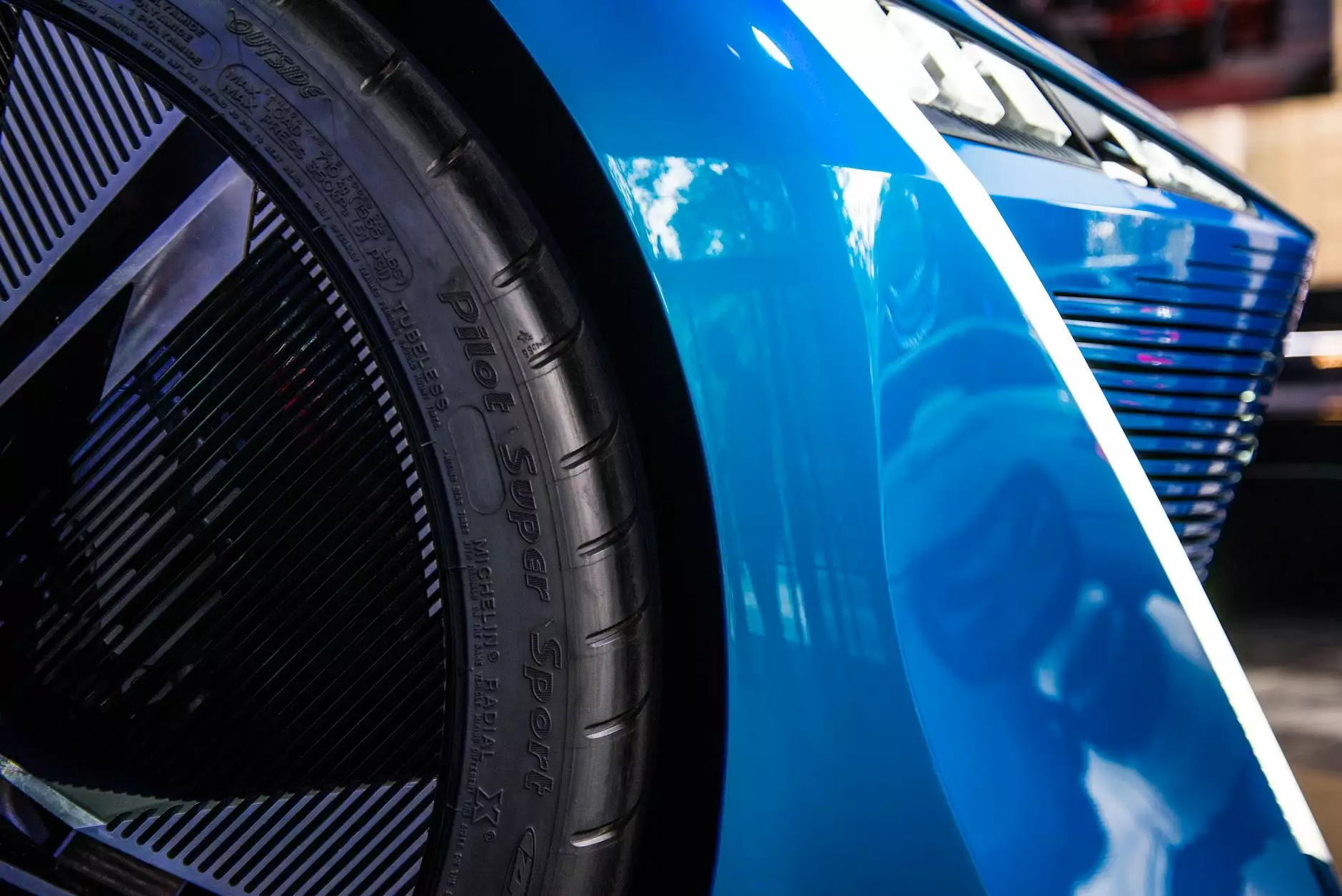Buying a Business vs. Starting from Scratch

When contemplating the entrepreneurial journey, one of the most significant decisions you will face is whether to buy an existing business or to start your own from scratch. Both options offer unique advantages and potential pitfalls, and a thorough understanding of each can help you make an informed decision that aligns with your goals, resources, and long-term vision. In this article, we will delve deep into the intricacies of buying a business vs. starting from scratch, examining factors such as cost, risk, time commitment, and the overall potential for success.
Understanding the Landscape
Before diving into the main comparison, it’s essential to understand the current landscape of entrepreneurship. The emergence of various businesses, especially in the digital age, has led many aspiring entrepreneurs to consider their options carefully. In this section, we will explore the general market conditions and how they affect both buying a business and starting anew.
The Rise of Entrepreneurship
The entrepreneurial spirit has seen a tremendous rise over the past decade. More individuals are realizing the allure of being their own boss, leading to an increase in startups. However, the choice to buy an existing business presents a different avenue altogether. In 2023, the landscape is diverse, with opportunities in traditional industries as well as thriving sectors like technology, health, and sustainability.
Market Analysis
- Trends: Understanding current market trends is crucial. Are people leaning towards startups in tech or health? What traditional businesses are doing well?
- Demand: Assessing market demand can aid in deciding whether to start from scratch or purchase a business with established clientele.
- Competition: A thorough analysis of competitors can offer insights into possible market saturation or gaps that your business can filling.
Benefits of Buying a Business
Buying an existing business comes with a set of advantages that can be vastly appealing to many entrepreneurs. Here are some of the key benefits:
1. Established Brand Presence
One of the most significant benefits of buying a business is the existence of an established brand. An existing business comes with a track record, which means customers are already familiar with the brand, creating a sense of trust. This established reputation often translates to quicker cash flow and less time spent on marketing efforts. As a new owner, you will inherit:
- Existing customer relationships
- Brand recognition
- A loyal customer base
2. Proven Business Model
When you purchase a business, you acquire a proven business model. This is particularly beneficial for those who may lack experience in creating a business from the ground up. The processes and strategies that have already been tested allow for smoother transitions and quicker adaptations to market changes.
3. Immediate Cash Flow
Unlike starting from scratch, where income generation can take time, buying a business provides immediate cash flow. This means you can begin generating revenue from day one, which is particularly attractive for entrepreneurs seeking a quick return on investment (ROI).
Challenges of Buying a Business
While there are numerous advantages to purchasing an existing business, it’s also vital to consider the challenges:
1. Higher Initial Costs
Buying a business often requires a significant financial investment. Initial costs can vary widely based on the type and size of the business, which may not always fit within every entrepreneur's budget. Additionally, there may be hidden costs, including legal fees, maintenance, or even debts from the previous owner.
2. Inherited Problems
When taking over a business, you may also inherit existing problems—be it employee issues, financial troubles, or declining sales. It’s critical to conduct thorough due diligence to assess these potential challenges before proceeding with a purchase.
The Appeal of Starting from Scratch
On the other hand, starting a business from scratch comes with its unique charm and set of advantages. Below, we explore the notable benefits and challenges associated with building a business from the ground up.
1. Full Creative Control
When you start your own business, you have the advantage of complete creative control. You can develop your brand, choose your products or services, and establish a company culture that aligns with your vision. This level of customization is often appealing to many budding entrepreneurs.
2. Lower Initial Investment
Starting from scratch frequently involves a lower initial investment compared to buying an established business. You can begin with minimal costs, especially if you operate from home or online. This flexibility allows for a gradual scaling of your business.
3. Ability to Pivot
Having complete creative liberty means you can quickly pivot your business based on market feedback or personal insights. Unlike an existing business, where changes can be met with resistance, starting fresh allows you to adapt and evolve as you see fit.
Challenges of Starting from Scratch
Despite the perks, launching a new business can be fraught with challenges:
1. Uncertainty and Risk
One of the most daunting aspects of starting a business from scratch is the uncertainty and risk involved. Many new businesses fail within the first few years, often due to mismanagement, poor market fit, or lack of funding. This inherent risk can be a significant barrier for many aspiring entrepreneurs.
2. Time Commitment
Creating a new business requires substantial time and effort. From developing a product line to building a customer base, the initial stages of growth demand hard work and dedication. If you have limited resources, it could take months or even years to establish a steady income.
Making the Right Choice
Determining whether to buy a business or start from scratch ultimately depends on individual circumstances and ambitions. Here are some factors to consider when weighing your options:
1. Your Financial Situation
Evaluate your available funds—can you afford to purchase a business outright, or is a lean startup approach more feasible? Assess the risks involved with either option, such as the potential ROI and how much you are willing to invest.
2. Experience and Skillset
Your background plays a significant role in this decision. If you possess experience in a specific industry, it could make sense to start from scratch. Conversely, if you’re new to entrepreneurship, buying a business with an experienced team might provide invaluable support.
3. Long-Term Vision
Consider your long-term vision for your business. Do you want a brand you can mold entirely on your own, or are you looking for a foundation upon which to build and scale? Your aspirations are crucial to making the right choice.
Conclusion: A Balanced Perspective
In conclusion, the choice between buying a business vs. starting from scratch is a significant one, and both pathways offer distinct advantages and drawbacks. Buying a business can provide immediate benefits like existing clientele and cash flow, while starting from scratch offers unparalleled creative freedom and lower initial investments. Your decision should ultimately align with your financial situation, experience, and long-term vision.
As you embark on your entrepreneurial journey, take the time to carefully explore these considerations, and frame your decision based on thorough research and self-reflection. By doing so, you will place yourself on a path toward success—regardless of which route you choose to take.









